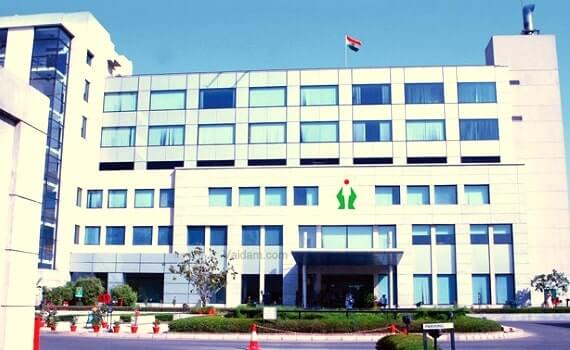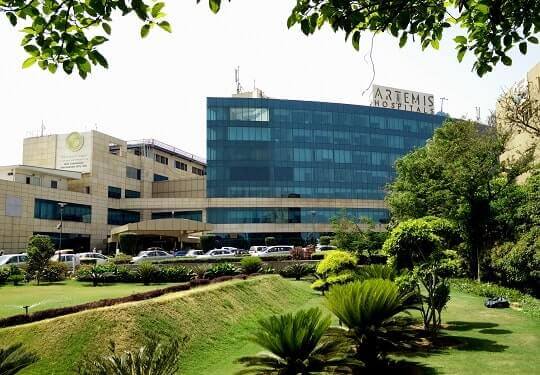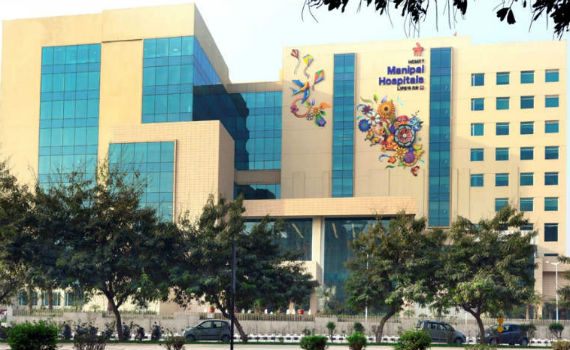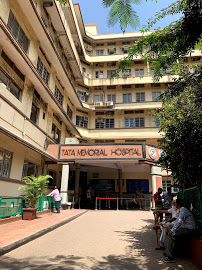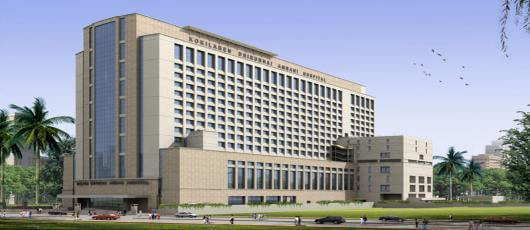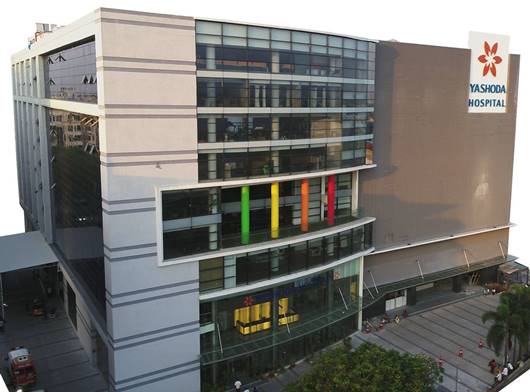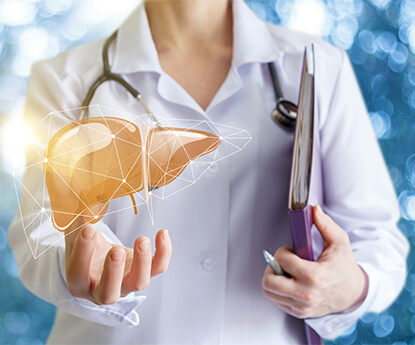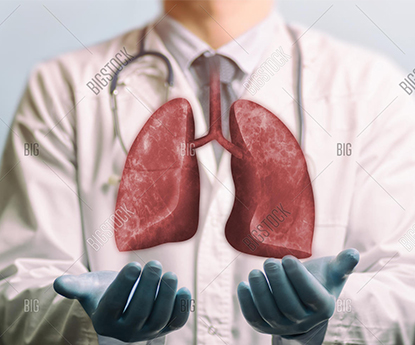Kidney Transplant
When kidneys don’t function properly, waste and extra fluids start accumulating in the body. Some common causes that lead to end-stage kidney disease include:
- Diabetes
- Chronic high blood pressure
- Chronic glomerulonephritis — an inflammation and scarring of the tiny filters within your kidneys
- Polycystic kidney disease
One way to deal with this problem is dialysis, but that is hugely demanding on one’s time and restricts many day-to-day activities. One may also opt for a kidney transplant- it allows you to lead a fuller life and has a higher survival rate.
A kidney transplant is a surgical procedure to place a healthy kidney from one person into another whose kidneys are diseased or completely dysfunctional. The transplant kidney provides enough kidney function; remember some people are born with only one kidney and do not develop problems.
Any patient whose kidneys have permanently stopped working is a potential candidate for a kidney transplant. However, many factors must be considered in choosing between transplantation and chronic dialysis for a given individual. Among these factors are age, other medical problems, and personal considerations of work and lifestyle. You should discuss the options with your doctor and attempt to obtain as much information as possible in reaching your decision.
There are three sources of kidneys for transplantation:
- Living related donors.
- Living unrelated donors.
- Cadaver donors.
Regardless of which source one goes for, tests will be conducted before the transplant to ensure that the blood and tissues match with that of the donor.
When you contact us, our professional healthcare executives who are trained in many medical specialties work together as a team to ensure favourable outcomes from your kidney transplant.
To have such specialized expertise in a single place, focused on you, means that you receive the best treatment — your care is discussed among the team, your test results are available quickly and conveniently, appointments are scheduled in coordination, and our transplant care team works together to determine what's best for you.

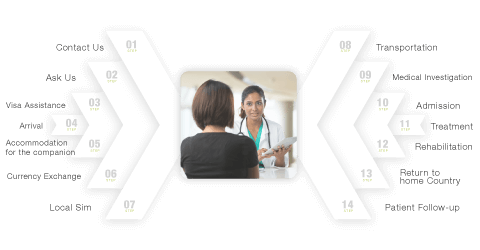
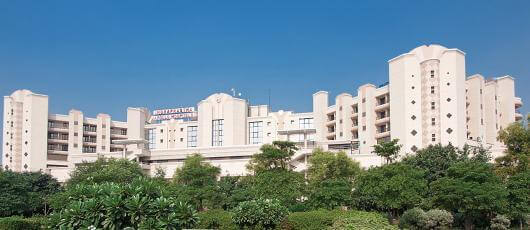
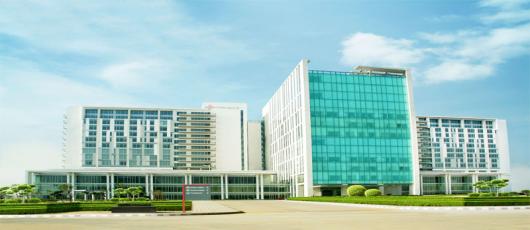
.jpg)
